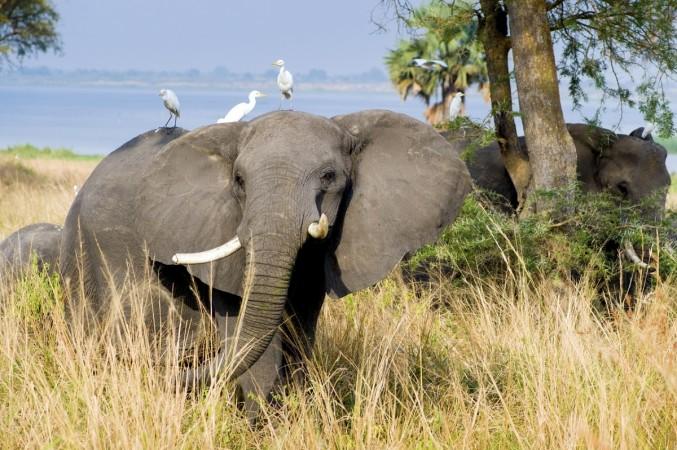
Mammals and birds have the best chance of surviving the Earth's rapidly changing climate among all animals, according to a new study, based on an analysis of more than 270 million years of data on various species that lived on the planet.
As part of the study, researchers at the University of British Columbia in Vancouver, Canada analysed how 11,465 species fared over the past 270 million years of Earth's changing climate. The study's findings, published in the journal Nature Ecology & Evolution on Monday, suggest that warm-blooded creatures like mammals and birds can tackle climate change better than cold-blooded animals like reptiles and amphibians.
"We see that mammals and birds are better able to stretch out and extend their habitats, meaning they adapt and shift much easier," Jonathan Rolland, a researcher at UBC and the study's lead author, said in a statement. "This could have a deep impact on extinction rates and what our world looks like in the future."
The Earth's climate has experienced significant changes throughout its history, leaving extensive impacts on animals' habitats. For example, when a fairly warm and tropical planet gradually cooled some 40 million years ago, birds and mammals cope better with the colder temperatures, and were able to move into habitats in the more northern and southern regions.
"It might explain why we see so few reptiles and amphibians in the Antarctic or even temperate habitats," Rolland said. "It's possible that they will eventually adapt and could move into these regions but it takes longer for them to change."
The researchers explained that animals known as "endotherms" can regulate their body temperatures, which allows them to keep their embryos warm, boosting their survival chances. Mammals and birds, which fall under this group, can migrate or hibernate more easily than "ectotherms" or cold-blooded animals.
"By reconstructing historical shifts in geographical ranges and climatic niches, we show that niche shifts are significantly faster in endotherms (birds and mammals) than in ectotherms (squamates and amphibians). We further demonstrate that the diversity patterns of the four clades are directly affected by the rate of niche evolution, with fewer latitudinal shifts in ectotherms," the researchers said in the study.
They also believe that studying the past evolution and adaptations of species will help them better understand how the current man-made climate change will affect the Earth's biodiversity.

















